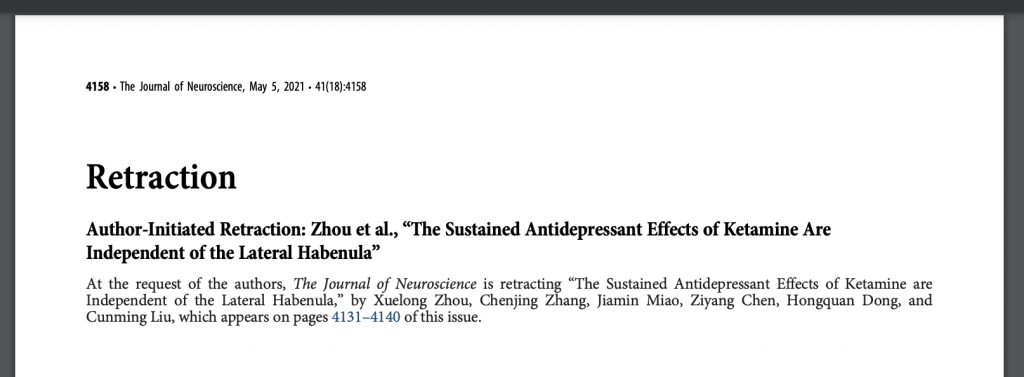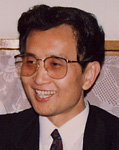Six months after we reported that journals had slapped expressions of concern on more than three dozen papers by a group of nutrition researchers in Iran, the retractions have started to trickle in.
But clock started nearly two years ago, after data sleuths presented journals with questions about the findings in roughly 170 papers by the authors. So far we’ve seen only six retractions, from two journals, of the suspect papers. As one of the sleuths said, “yep, pretty slow.”
Central to the case is Zatollah Asemi, of the Department of Nutrition at Kashan University of Medical Sciences. As we wrote last November:
Continue reading “Yep, pretty slow”: Nutrition researchers lose six papers








